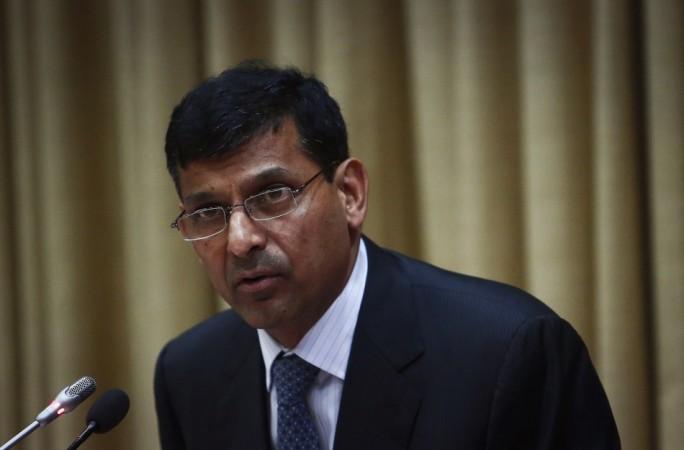
Reserve Bank of India (RBI) governor Raghuram Rajan opposed recommendations in the BN Srikrishna Committee report, and termed merging of all regulators into one entity as "schizophrenic".
The report was submitted in March 2013. Rajan debated regarding the recommendations mentioned in it during an industry event in Mumbai on Tuesday. Financial Sector Legislative Reforms Committee (FSLRC) report is important in the financial history but most of the recommendations are "faddish" and "impressionistic" than scientific, according to Rajan.
The RBI governor points out two "fundamental areas of tension" from the report in his speech. One is the size and scope of regulators and the other is the negligence of regulators. Rajan claims the report does not give importance to the magnitude of synergies gained or lost.
"It emphasizes synergies in bringing together some regulators into one entity. But in the process it suggests breaking up other regulators, with attendant loss of synergies," he pointed out.
The report suggests that laws which do not micromanage, gives regulators the freedom to fill in the details, in accordance with the changing needs of the economy.
Speaking of this suggestion, Rajan stated: "At the same time, the FSLRC wants to check and balance the activities of regulators through judicial oversight. Too much of checks and balances could completely vitiate the flexibility afforded by rewriting laws."
Rajan opposed the recommendation mentioned in the report that merging of all regulation of trading will be done under one roof and consumer protection regulation under another. According to him, if it is implemented, then it will slow down the consistency and development of the market.
The RBI governor said if the government wants to manage its own debt, then the RBI will not come in its way.
"I don't believe the government suffers any less from conflicts of interest in debt management (unlike the views of the FSLRC), but the RBI could well carry out the government's instructions without any loss in welfare," he said.
Rajan was not in favor of implementing such recommendations as according to him, if something is not broken, there is no need to fix it.
"As the Chinese would say, let us recognize the value of crossing the river by feeling each stone before we put our weight on it. Let us not take a blind jump hoping that a stone will be there to support us when we land. Or in American, if it ain't broke, don't fix it!" he said.

















